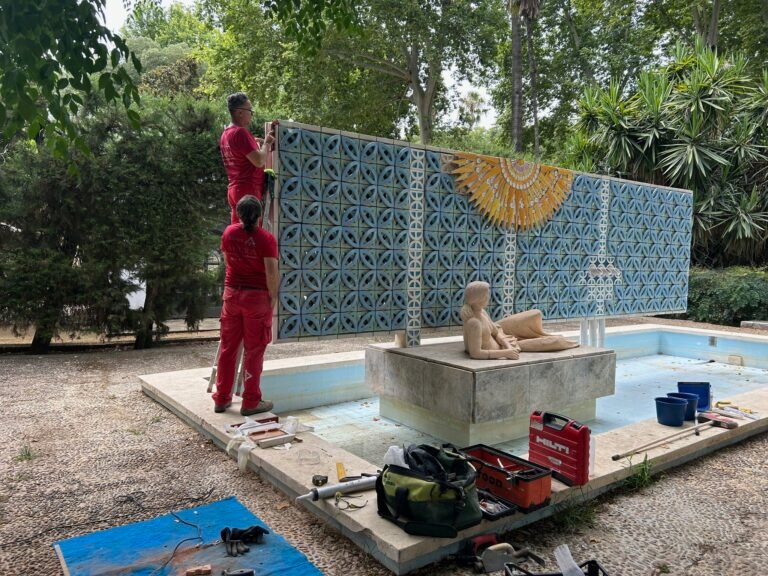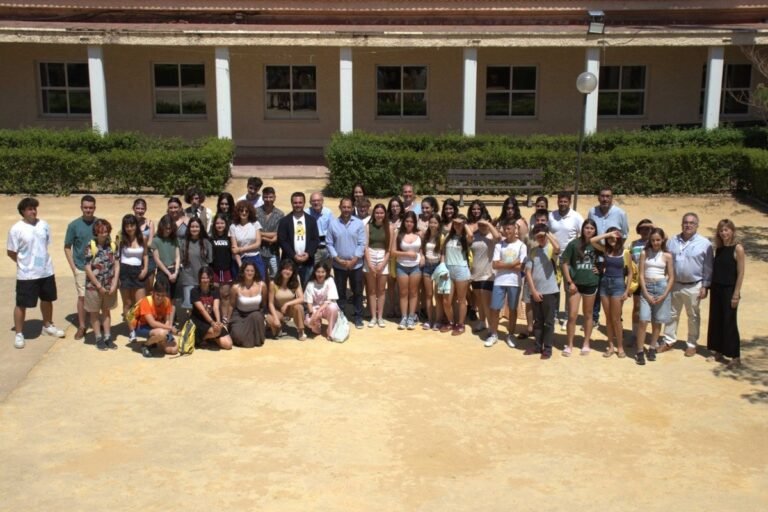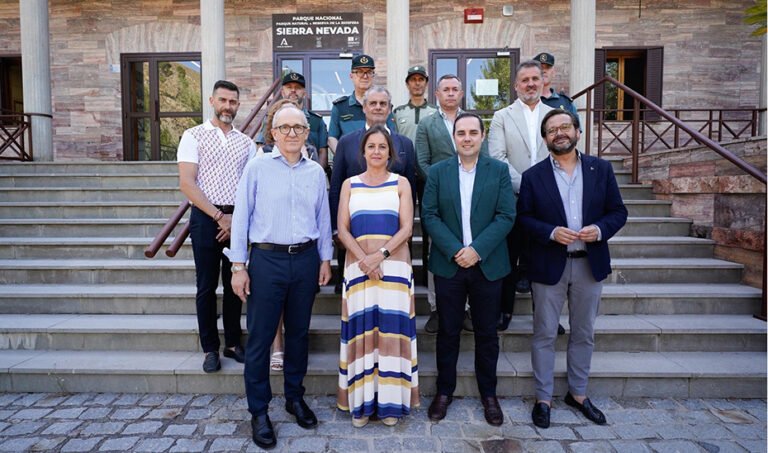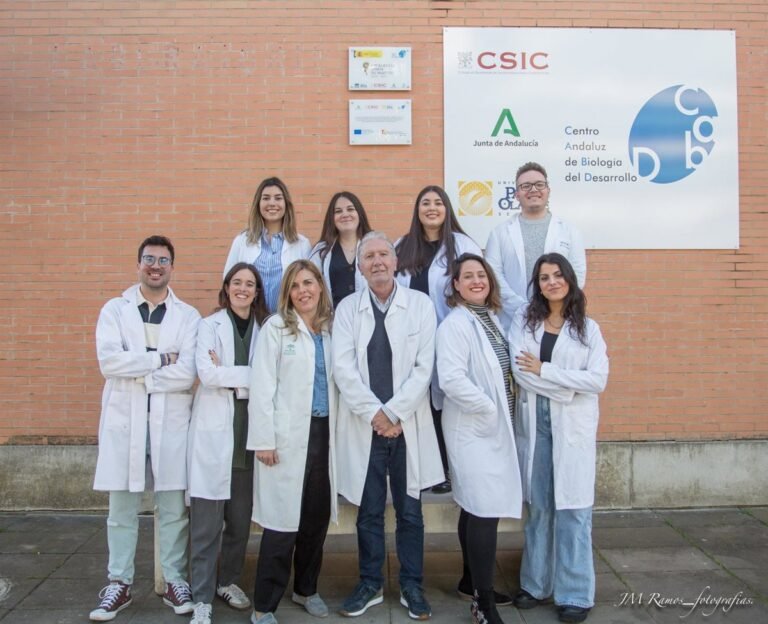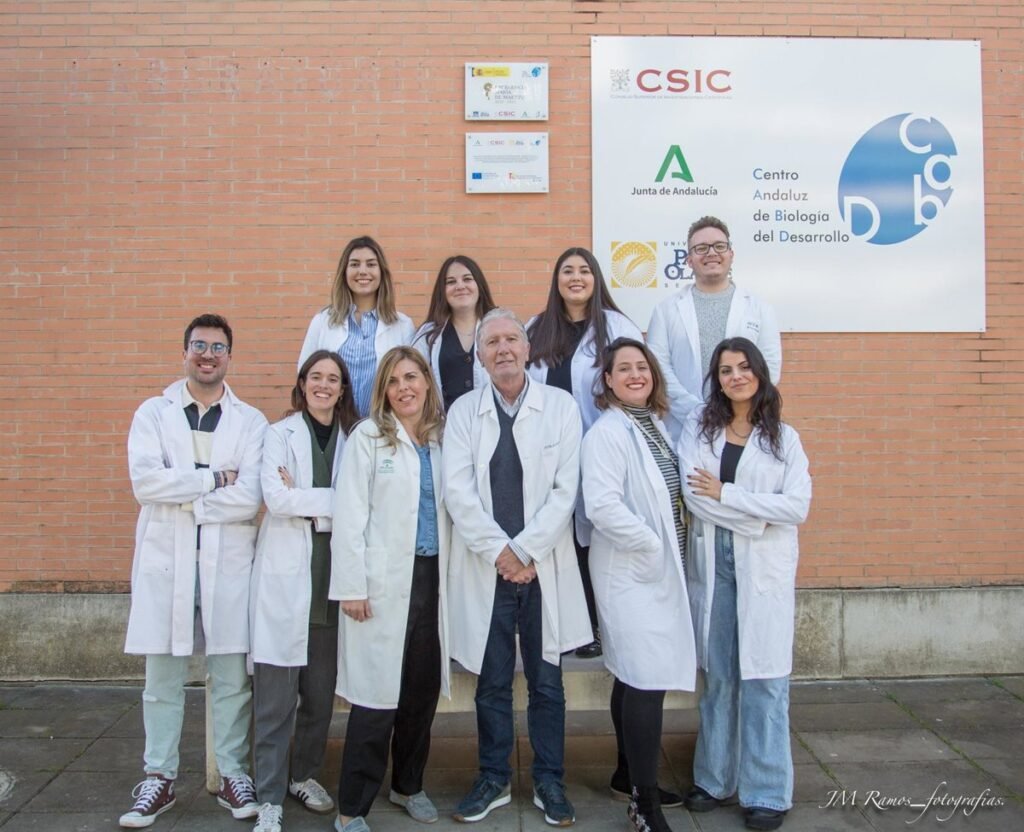
A study by the research group at the Andalusian Center for Developmental Biology (CABD) ‘Development and Muscle Diseases’, led by University Pablo de Olavide professor José Antonio Sánchez-Alcázar, recently published in the Antioxidants journal, has revealed that activating the mitochondrial unfolded protein response (mtUPR) may be key to reversing cellular damage caused by ethylmalonic encephalopathy (EE), a rare and severe disease without an effective treatment.
As reported by the university in a press release, ethylmalonic encephalopathy leads to a toxic accumulation of hydrogen sulfide and iron, causing strong oxidative stress and damaging mitochondrial function, resulting in neurological problems such as developmental delay, seizures, and muscle weakness. In search of a therapeutic pathway, the research group worked with fibroblasts (skin cells) derived from patients with mutations in the ETHE1 gene, the origin of this condition, and tested a combination of supplements already available in the market: pterostilbene, nicotinamide, riboflavin, thiamine, biotin, lipoic acid, and L-carnitine.
The treatment successfully restored essential mitochondrial functions, normalized sulfur and iron metabolism, essential components for proper cellular function, and significantly reduced oxidative stress. These cellular improvements suggest that activating the mtUPR could be a viable strategy to combat the effects of this disease, opening up new therapeutic possibilities through the use of accessible and safe compounds.
This work, with José Manuel Romero Domínguez as the first author, is part of the Mitocure project for ethylmalonic encephalopathy (Mitocure – Eecure) and has been developed in collaboration with the patient association ‘Todos con Adán’.
The Mitocure platform investigates the efficacy of various pharmacological therapies in cells derived from patients with mitochondrial mutations. Currently, the Mitocure project is implementing this strategy in over 30 different mutations that directly or indirectly alter the energy production process by mitochondria, representing a promising approach to addressing these complex diseases.
In order to translate the research results to patients, Dr. Sánchez Alcázar’s group closely collaborates with Dr. Andrés Rodríguez Sacristán’s team in the Neuropediatrics Unit of the Pediatrics Service at the Virgen Macarena University Hospital in Seville, to conduct a clinical trial on mitochondrial diseases using a personalized precision medicine approach.
The research group at University Pablo de Olavide carries out its work at the Andalusian Center for Developmental Biology — a joint center of the CSIC, UPO, and the Andalusian Government — and employs personalized precision medicine approaches to search for treatments in rare diseases.
Finally, this approach is also used in other research projects such as Myocure, focused on congenital myopathies; Braincure, centered on neurodegenerative diseases linked to iron accumulation and demyelinating diseases; and Cancercure, aimed at developing individualized therapies for individuals with a genetic predisposition to cancer.


